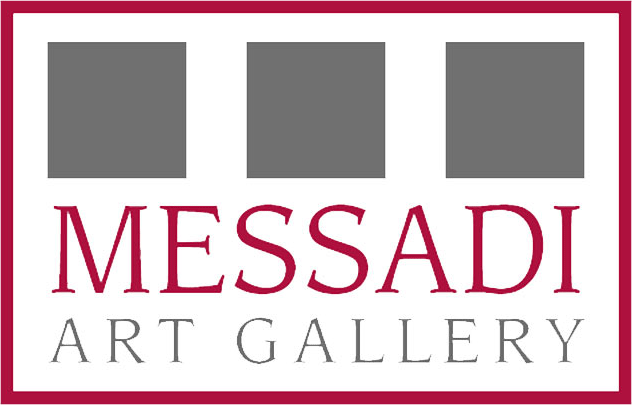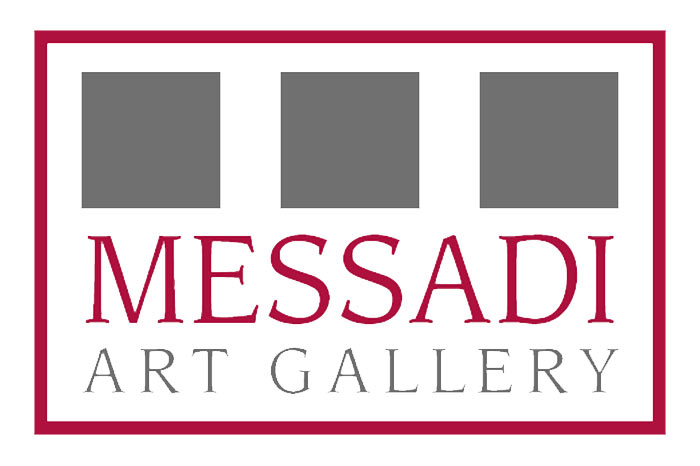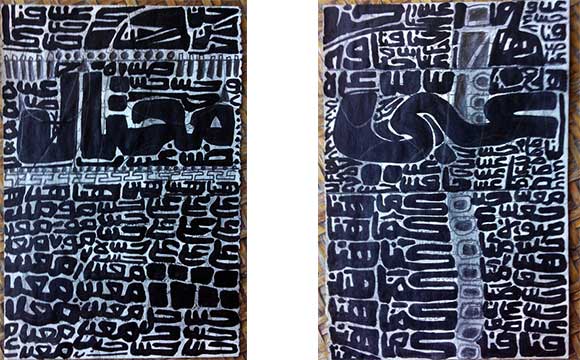The Amazigh language is a family of closely related dialects indigenous to North Africa. it is considered an official language in Morocco; this is the only country that recognizes the language as such. It is also spoken in Algeria, Mali and Niger. Populations speaking this language in Libya, Tunisia and Algeria are pushing forth to get their language officially and constitutionally recognized as an official language in their respective countries.
There are numerous dialects of this language in scattered regions in North Africa, having common linguistic roots and foundations. There are at least seven main varieties of the language, the major ones being Tashehit, Kabyle, Atlas, Tanazight, Riffian, Shawi and Tuareg. Others are spoken among smaller populations such as Siwa oasis in Egypt’s Western Desert.
This language has had a written tradition for over 2,200 years, influenced by Tifinagh, Arabic and Latin.
It is easy for the speaker of one dialect to learn another within days according to French researcher André Bassi. Attempts are currently underway to unify the various dialects into one language in the context of wider attempts for recognition as an official language in Algeria, Tunisia and Libya.
My trip to Siwa Oasis in Egypt in 2014 triggered a new found interest and passion for this language in its written form. It has inspired my latest body of art works. At first, I utilized Amazigh letters to create simple visual forms in monochrome, where the letters played secondary role as symbols in a larger formation, devout of linguistic meaning. My work then evolved to using Amazigh words and poetry, making them the object of my art and giving them center stage.
Fathi Hassan
“The works in the exhibition, however, emphasize the disruption experienced in North Africa and the Middle East since the Arab Spring and reflect the artist’s continual interest in providing a nuanced depiction of Nubian culture and history. The works are beautifully constructed pieces that are meant to stimulate thought about migration, memory, and representation.
Maurita Poole , 2016
Director at Clark Atlanta University Art Galleries (U.S.A)




